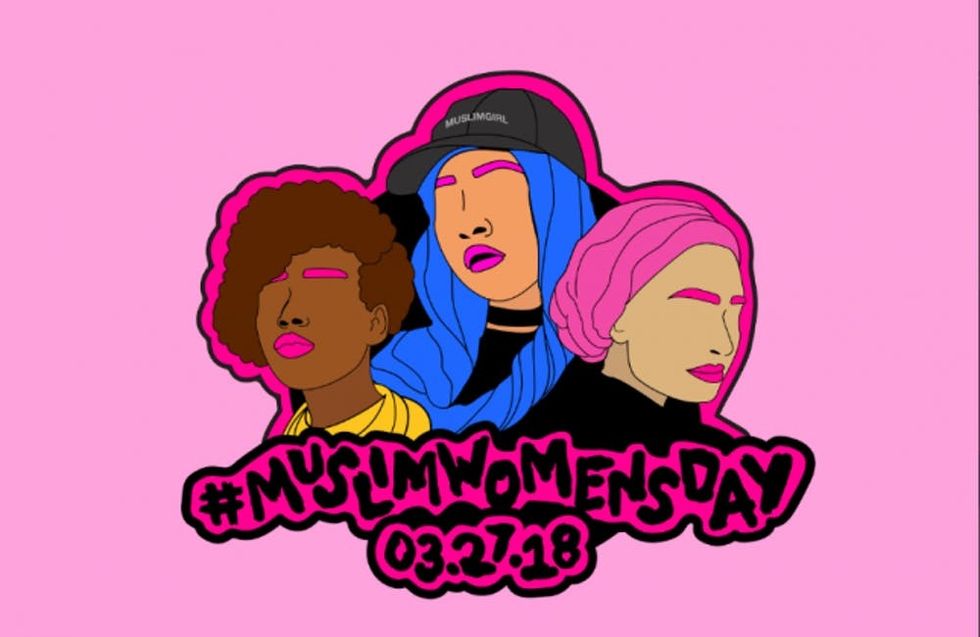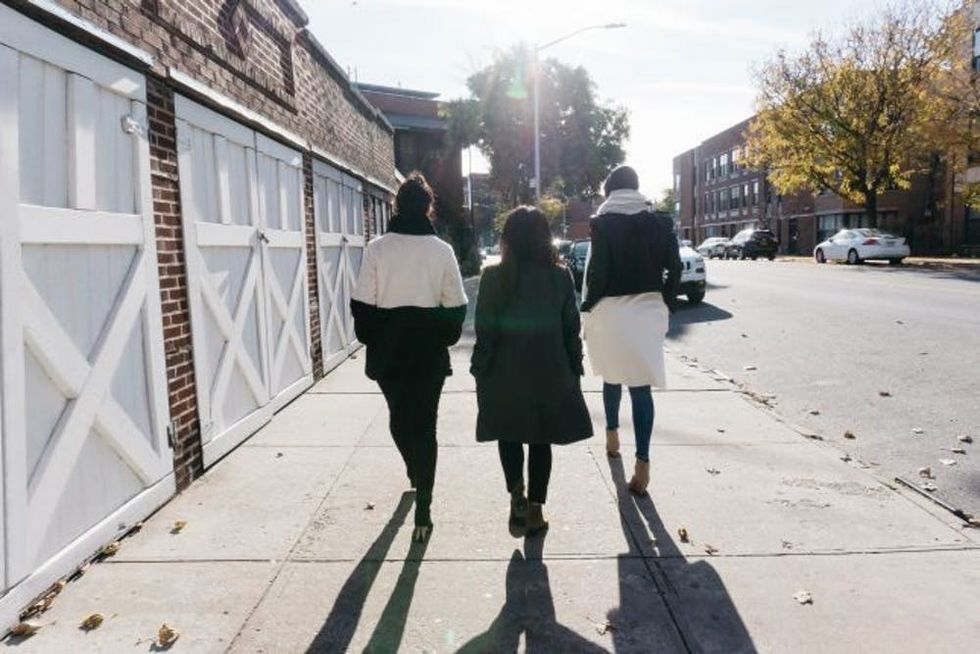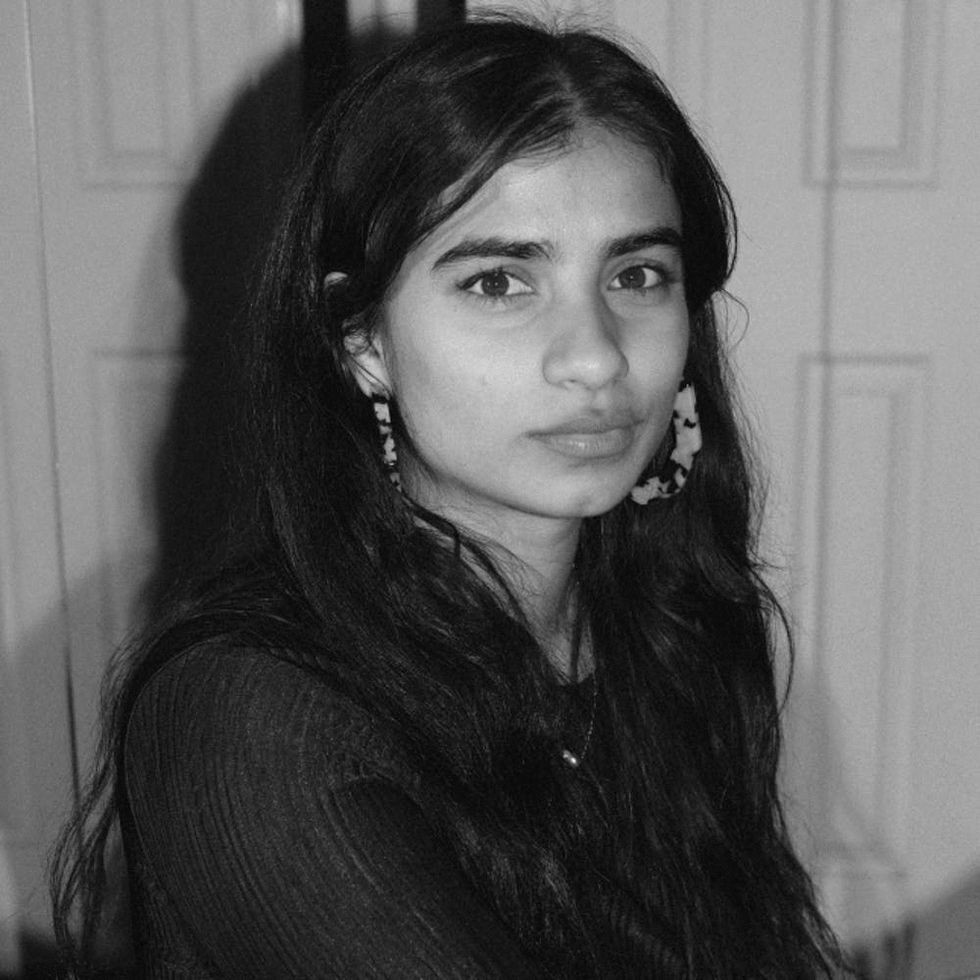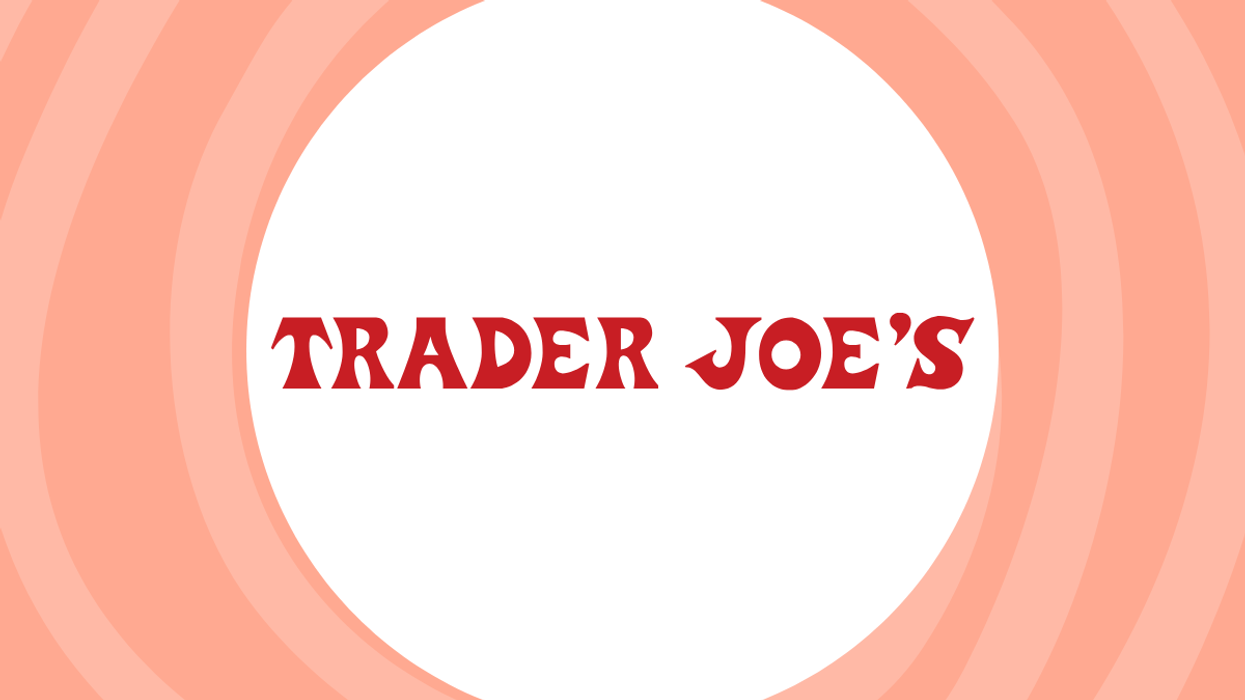Your faith is your own adventure.
Muslim Women’s Day 2018: Nourishing My Islamic Faith in a Secular Society


We’re proud to celebrate #MuslimWomensDay 2018 and hear Muslim women talk about the issues that impact them.
At age seven I told my parents I wanted to be the first hijabi Olympian.
Uncharacteristically, I was into sports, almost like I had fallen into them by accident, and had decided that I could be a cricketer, a track athlete, or a tennis champion (Serena Williams was both my role model and my dream) while also being a hijabi. Back then, there was no Ibtihaj Muhammad, so it was a dream of my own making. Even back then, I craved Muslim representation that was well rounded and complex. I wanted a dynamic life as a Muslim woman, not confined by the stereotypes or cultural expectations.
The wildest thing was I had never worn a hijab in my life — and neither had my sister or mother, though later in life they would both wear it and eventually my sister would take it off. Despite no outward, immediate inspiration, it was a thing I embraced, on my own, due to my own understandings of the parameters of my faith. The hijab was never asked of me, but it was something that I always considered, even subconsciously.
20 years later I still don’t wear a hijab — but now, I also no longer like sports.
And yet, nothing shifted for me when it came to Islam, or being Muslim. At least nothing that I can point to as being the reason why as I got older I transformed into a person that I couldn’t have ever guessed I’d become. In my late teens, I had tattoos, and I had lost my virginity. Having thought I’d never do the former, and the latter only until marriage, initially I felt ashamed by my actions, but throughout the years I began to accept that I was allowed complexity, just as many Muslim men were allowed theirs. All throughout high school, and well into my 20s I never drank, I was straight edge without declaring it so — then in my mid-20s, I became a steady wine drinker. However, unsurprising to most, nothing internally changed. My verve for Islam remained the same. In fact, it grew stronger because I felt I was living my truth.

Before these changes, I never felt as though I was hiding myself, but rather not allowing myself to speak my entirety into existence. It felt like a lot of my life I stifled who I knew myself to be, because I thought having faith meant quarreling with your demons and escaping your dream realities to be the best version of yourself — within the framework of religiosity. But as I grew older, I began to challenge these conventions. Why did chastity and purity have such positive and affirming connotations? It felt as though the rhetoric behind being a “good girl” felt overly simplistic, an impossible standard that was incredibly skewed and gendered. They were impossible heights to achieve for everyone, and frankly, did we (do we) always want to achieve them?
Finding and maintaining faith, for me, has been about allowing myself my foibles. Growing up in the secular circles of Sydney, New York, and Montreal (though, I do challenge Montreal’s position on its secularity… church bells awakening me every Sunday morning at 9.45 for the Church service near my apartment in Outremont feels little like secularism) informed the way I experienced faith, allowing it to become something that was never pernicious or forced, but something that was filtered elegantly and fairly into my everyday life, like a practice that was as simple as a morning meditation. Through my own definition of its paradigms, Islam has become a literal way of life for me.
My spiritual praxis hinges on how easily I can co-exist inside of it with my varying intersectionalities. As in, I don’t want to sacrifice my sense of self, and my personhood, in order to be the abstract better Muslim. I believe that Islam was always supposed to be this simple, this easy and beautiful, and that our messy dimensions are apart of our experience, also.
However being Muslim and Islam, as a faith, are two different entities, two very different beasts. Islam, in its essence, is a philosophy, a way of life. So much of its magic is that it’s a faith that requires your own interpretation. The problem with Islam… is Muslims. The way so many of us have manipulated our faiths to hurt other people, both on a small scale (with familial honor killings) to a larger scale (a vehicle of hatred like ISIS).
Not everyone sees Islam as broadly as I do, including many Muslims. Which is fine; faith is your own adventure. However, it’s the implication that you’re living your life incorrectly — that then invites judgment — that is a toxic part of the discrepancies between being Muslim. Some, like my mother and extended family, think it’s appropriate to caustically critique me as a way of touting their own allegiances. As if their practicing of Islam is more righteous, and therefore more right than mine — but who declares that? Do they have a mainline to Allah that allows them the knowledge that they are better Muslims than me? This kind of narrative implies judgment and hubris, the exact opposite of how people of faith should approach and interact with other folks. When did being religious mean being an asshole to everyone else you didn’t like? When did we lose the importance of love and compassion? Allah is called the most merciful and most gracious, not the most judgmental or ego-driven.
It’s tough to face such pushback within my own community when being Muslim is such a fraught identity in the world today. We could prioritize togetherness; instead, we obsess over our differences and compete. But, this is why, ironically, Islam brings me such peace. It’s the understanding that Allah encourages love before anything, that humbles me in the face of such hardship. Islam gives me the courage to keep fighting for the standard that all womxn should have. It’s why I continue to move when I want to collapse; it’s why I find peace, even when I feel no hope. I’m working toward the future of my faith; I’m working toward a better world, for all.
***

Fariha Róisín is a writer living on Earth
(Illustration by Mila Kamal. Photos by Aly Raff for Muslim Girl/Getty + Clémence Poles.)

















